A pharmaceutical company has announced that vaccines for cancer, cardiovascular and autoimmune diseases, and other conditions could be ready by 2030, according to The Guardian.
Dr Paul Burton, the chief executive of pharmaceutical company Moderna, told the news outlet that by 2030 there will be vaccines for 'all sorts' of incurable conditions, saving 'hundreds of thousands, if not millions, of lives.'
Early studies have already shown 'tremendous promise', he added.
But they are not likely to be your typical vaccine — they will need to be highly personalized and expensive.
'I think we will be able to offer personalized cancer vaccines against multiple different tumor types to people around the world,' Burton said.
He added, 'I think what we have learned in recent months is that if you ever thought that mRNA was just for infectious diseases, or just for Covid, the evidence now is that that's absolutely not the case.
Burton credits the success of these new treatments partially to COVID-19.
“I think it was an order of magnitude, that the pandemic sped [this technology] up by. It has also allowed us to scale up manufacturing, so we’ve got extremely good at making large amounts of vaccine very quickly,” explained the scientist.
'It can be applied to all sorts of disease areas; We are in cancer, infectious diseases, cardiovascular disease, autoimmune diseases, rare diseases.
'We have studies in all of those areas and they have all shown tremendous promise.'
Dr Burton did not reveal how the vaccines would work, but previous studies have shown how mRNA could be used to fight cancer.
MRNA vaccines work by instructing cells to produce a protein that triggers an immune response against a specific pathogen, like Covid.
Scientists say these instructions can also be tweaked to get cells to make the antigens from the surface of cancer cells, alerting the immune system to cancer cells and triggering an attack.
“I think it was an order of magnitude, that the pandemic sped [this technology] up by. It has also allowed us to scale up manufacturing, so we’ve got extremely good at making large amounts of vaccine very quickly,” explained the scientist.
In February, the U.S. Food and Drug Administration granted Moderna’s personalized cancer vaccine breakthrough therapy designation, meaning its regulatory review will be expedited.




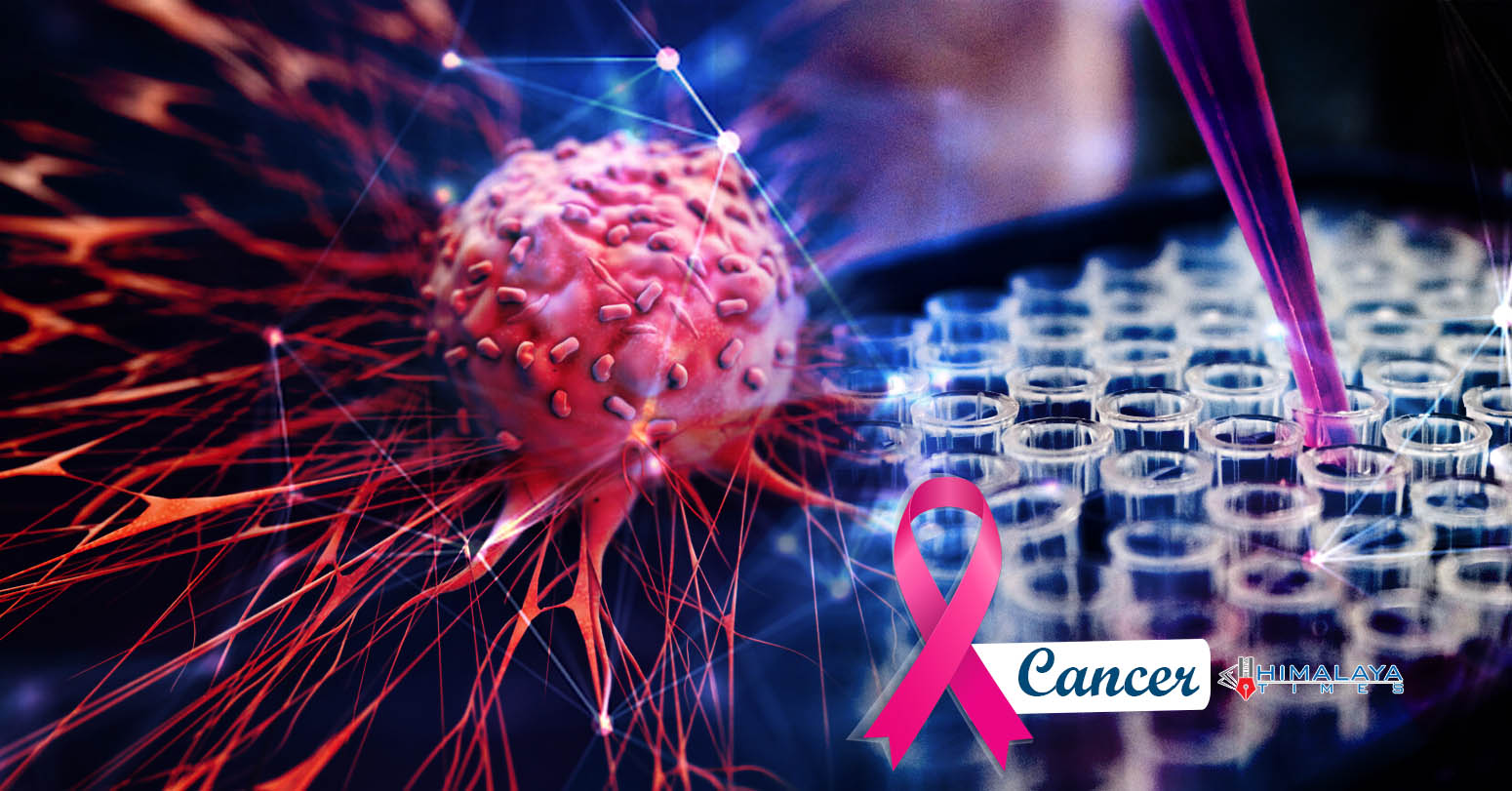



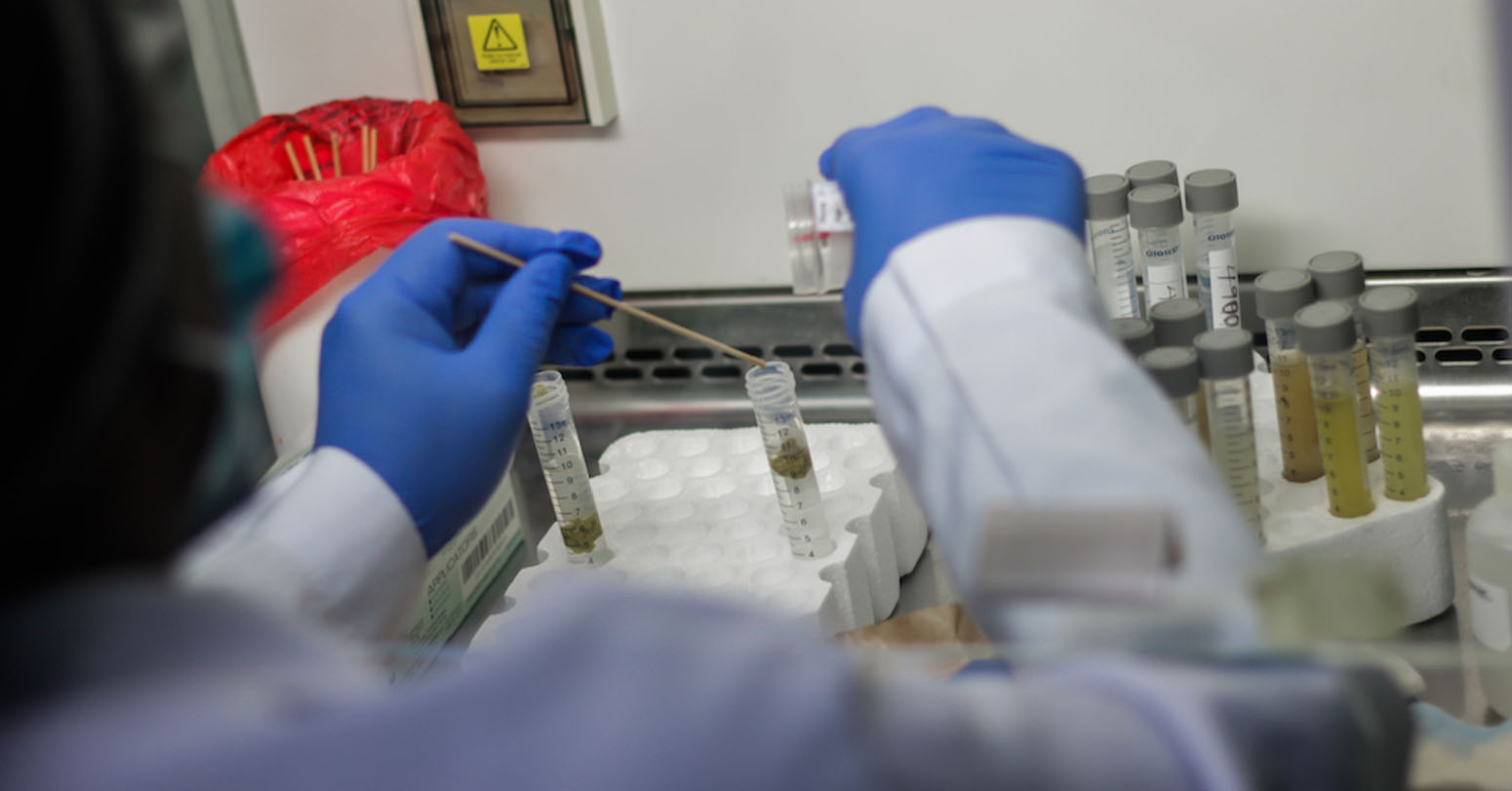
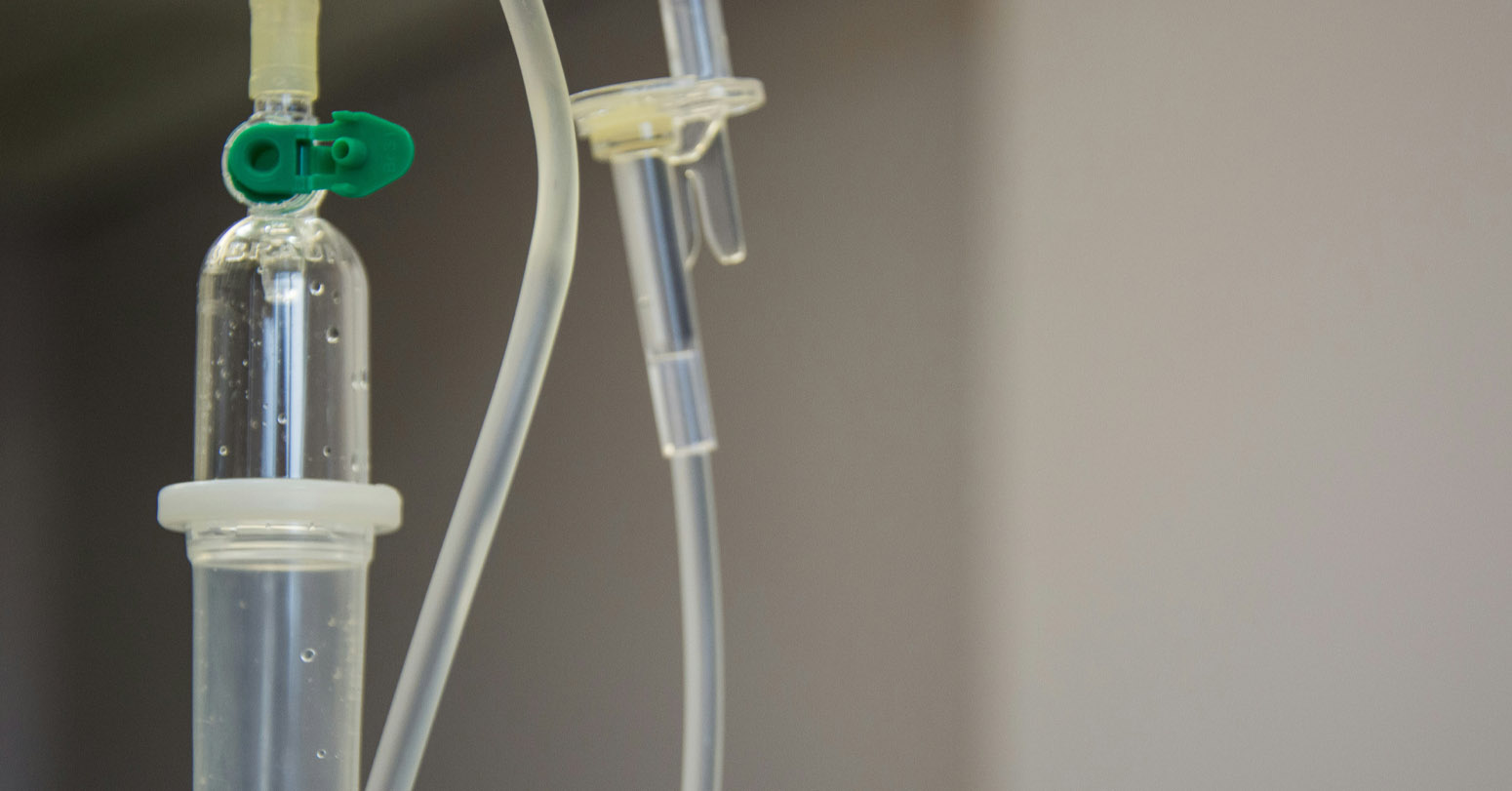






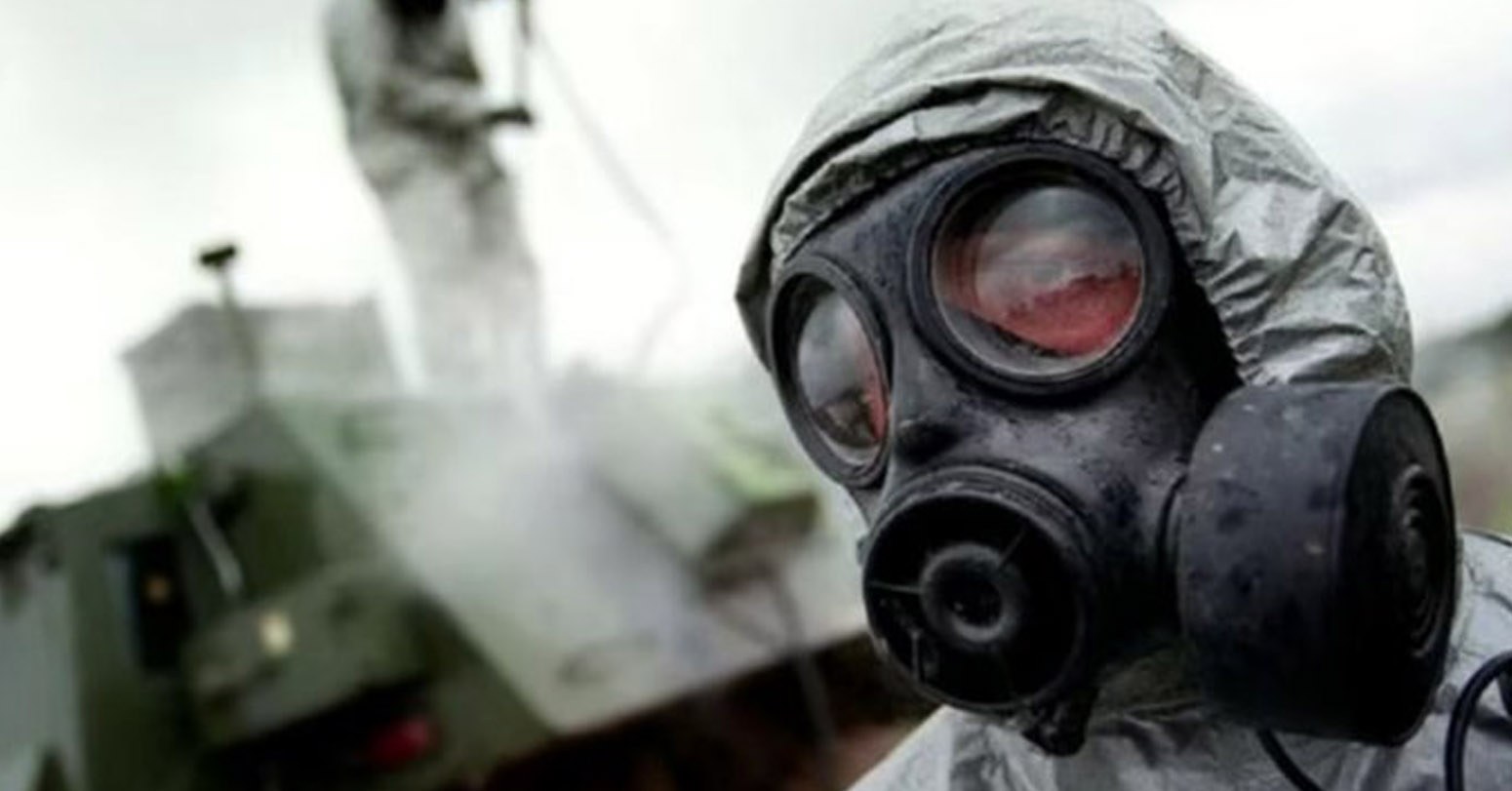
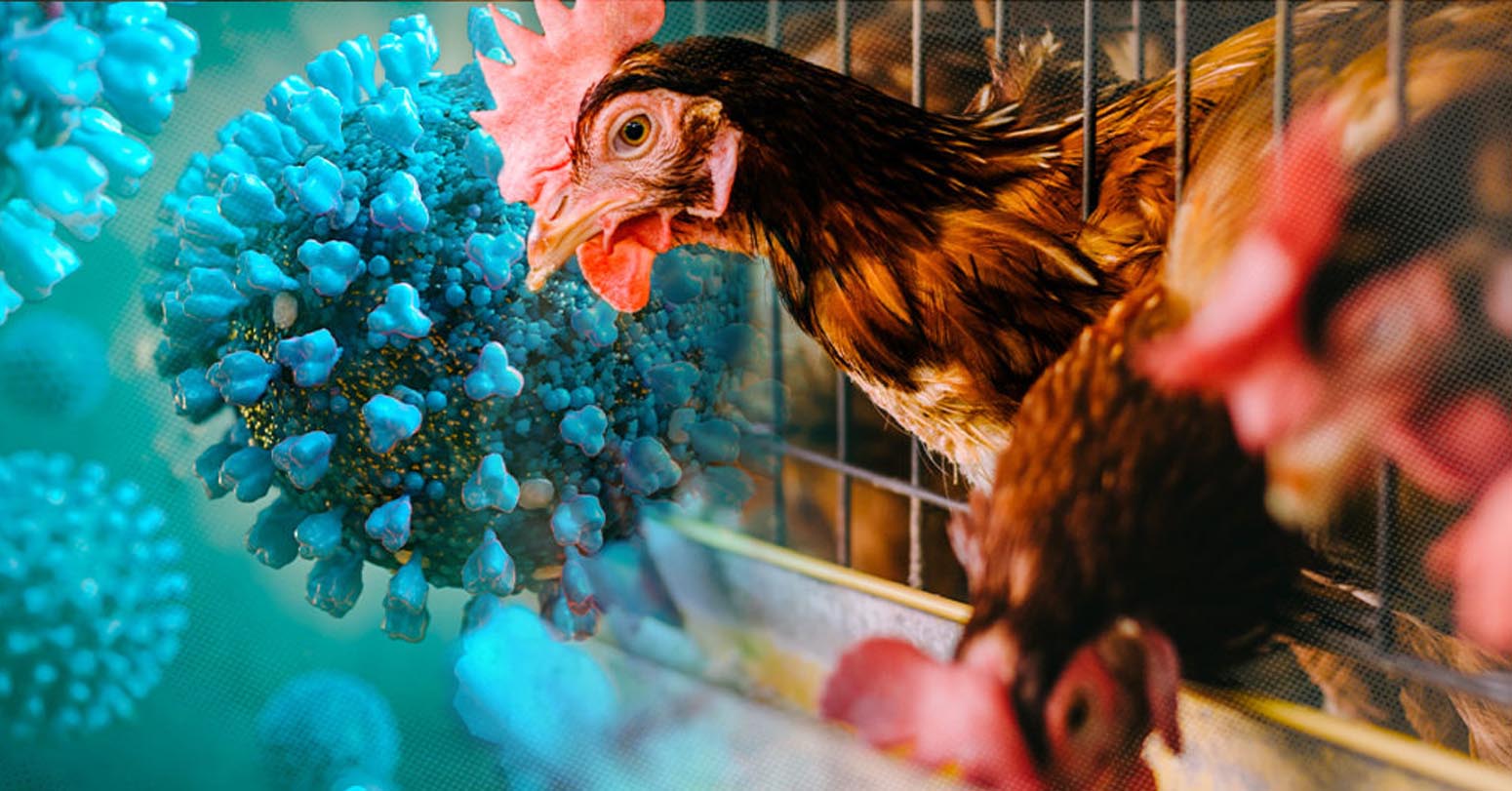
Comprehensive Data Protection Law Critically
Gender Differences In Mental Healthcare
Messi Wins Best FIFA Men’s
Erosion of Democracy
Fly Dubai Catches Fire in
“Complexities of the South Asian